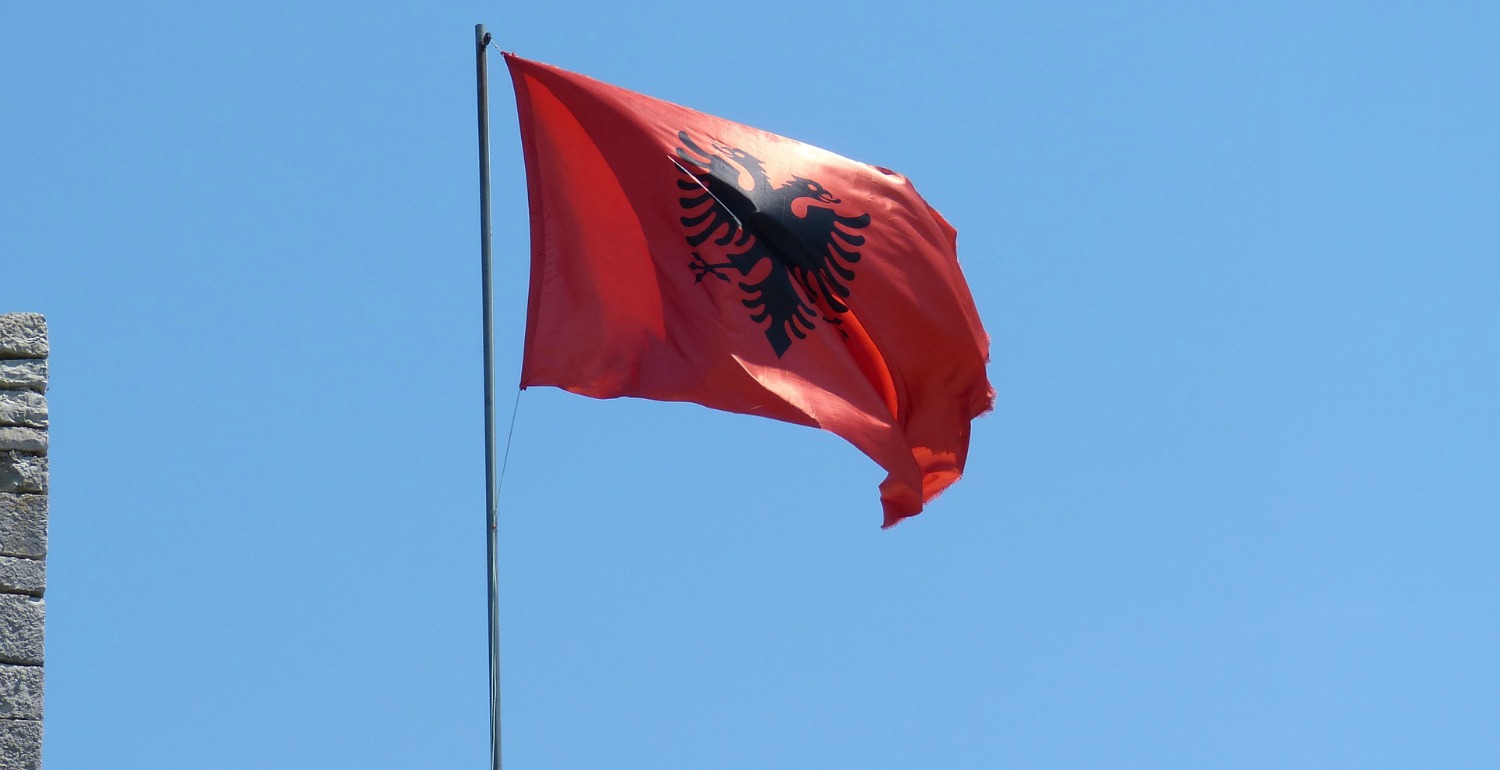The hearing focuses on the challenges to democracy in Albania. Given reports to the Helsinki Commission that human rights protections in Albania were slipping, the further democratization of Albania, and, by extension, Albania’s bilateral relations with the United States, has been called into question. This hearing opens up dialogue with various experts and witnesses on the state of human rights in Albania and how that relates to the OSCE and the agreements which OSCE states sign onto.
Members
Hon. Christopher Smith
Chairman
Commission on Security and Cooperation in Europe
Hon. Steny H. Hoyer
Commissioner
Commission on Security and Cooperation in Europe
Hon. John Edwards Porter
Commissioner
Commission on Security and Cooperation in Europe
Witnesses
Elez Biberat
Albanian Service
Voice of America
Kathleen Imholz
Attorney
Fred Abrahms
Human Rights Watch
Helsinki
Relevant Issues
Relevant Countries
Leadership

Chairman Wilson and Ranking Member Cohen Condemn Rus...
Dec 05, 2024WASHINGTON—Today, U.S. Helsinki Commission Chairman Representative Joe Wilson (SC-02) and Ranking Member Representative Steve Cohen (TN-09) issued the following statement condemning Russia’s malign interference in the Romanian presidential election, the second round of which is scheduled […]

Helsinki Commission Advances Human Rights, Demands f...
Oct 19, 2023By Shannon Simrell, Senior Policy Advisor Between October 2-13, 11 Helsinki Commission staff joined approximately 1,400 representatives of OSCE participating States (pS) and civil society representatives in Warsaw, Poland in […]
Helsinki Commission Deeply Concerned Over Latest Ele...
Jul 27, 2022WASHINGTON—Helsinki Commission Chairman Sen. Ben Cardin (MD) and Co-Chairman Rep. Steve Cohen (TN-09) today expressed deep concern about an effort by the international community’s High Representative in Bosnia to impose […]
Co-Chairman Cohen Welcomes Conclusion of First Round...
Apr 12, 2022WASHINGTON—Following the first round of presidential elections in France on April 10, Helsinki Commission Co-Chairman Rep. Steve Cohen (TN-09) issued the following statement: “As co-chairman of the bipartisan U.S. Helsinki […]
Helsinki Commission Hearing to Examine Ways to Count...
Mar 30, 2022WASHINGTON—The Commission on Security and Cooperation in Europe, also known as the Helsinki Commission, today announced the following hearing: COUNTERING OLIGARCHS, ENABLERS, AND LAWFARE Wednesday, April 6, 2022 2:30 p.m. […]

Conflict of Interest?
Feb 16, 2022Turkey is at a crossroads. Even as the Turkish Government insists that it remains committed to its NATO partners and to future EU integration, its actions—both foreign and domestic—call those […]
Helsinki Commission Briefing to Examine Intersection...
Feb 10, 2022WASHINGTON—The Commission on Security and Cooperation in Europe, also known as the Helsinki Commission, today announced the following online briefing: CONFLICT OF INTEREST? Foreign Policy and Human Rights in Turkey […]
Helsinki Commission Marks One-Year Anniversary of Na...
Jan 14, 2022WASHINGTON—Ahead of the one-year anniversary of Alexei Navalny’s arrest on January 17, Helsinki Commission Chairman Sen. Ben Cardin (MD), Co-Chairman Rep. Steve Cohen (TN-09), Ranking Member Sen. Roger Wicker (MS), […]

Helsinki Commission Cautions Russia Against Dissolvi...
Dec 21, 2021WASHINGTON—As the latest court proceedings conclude for Russian human rights group Memorial International, U.S. Helsinki Commission Chairman Sen. Ben Cardin (MD), Co-Chairman Rep. Steve Cohen (TN-09), Ranking Member Sen. Roger Wicker […]
Chairman Cardin Calls for Release of Osman Kavala, W...
Dec 03, 2021WASHINGTON—Following the recent ruling of a Turkish court that will keep philanthropist Osman Kavala jailed until his trial begins in January 2022 and the subsequent decision by the Council of […]
Helsinki Commission Alarmed by Attempted Liquidation...
Nov 17, 2021WASHINGTON—Following last week’s request by Russian prosecutors to liquidate the human rights group Memorial International and the Memorial Human Rights Center, Helsinki Commission Chairman Sen. Ben Cardin (MD), Co-Chairman Rep. […]
Helsinki Commission Supports Invocation of OSCE’s Vi...
Nov 10, 2021WASHINGTON—Following the invocation of the OSCE’s Vienna Mechanism to address the mounting human rights crisis in Belarus, Helsinki Commission Chairman Sen. Ben Cardin (MD), Co-Chairman Rep. Steve Cohen (TN-09), Ranking […]


